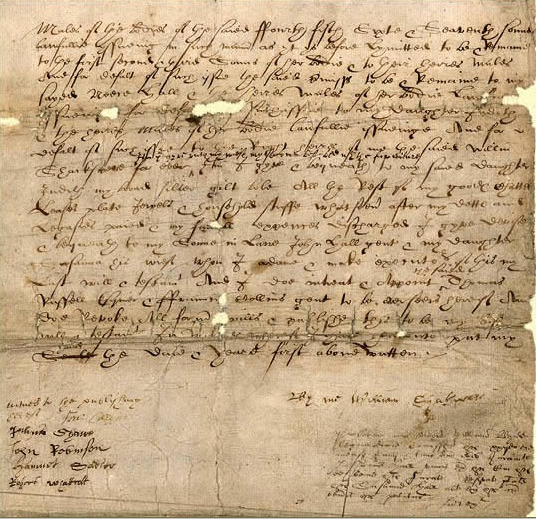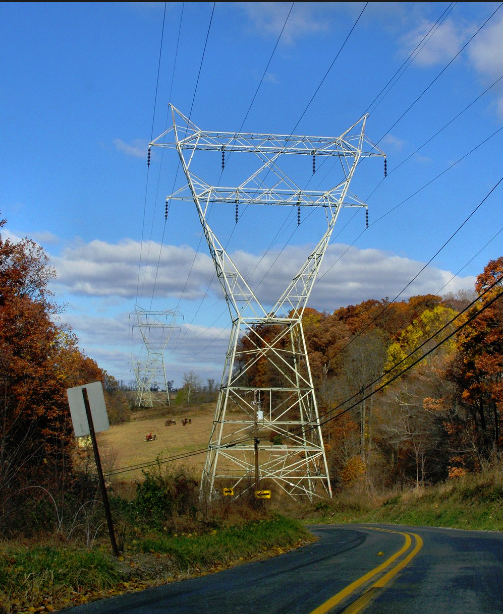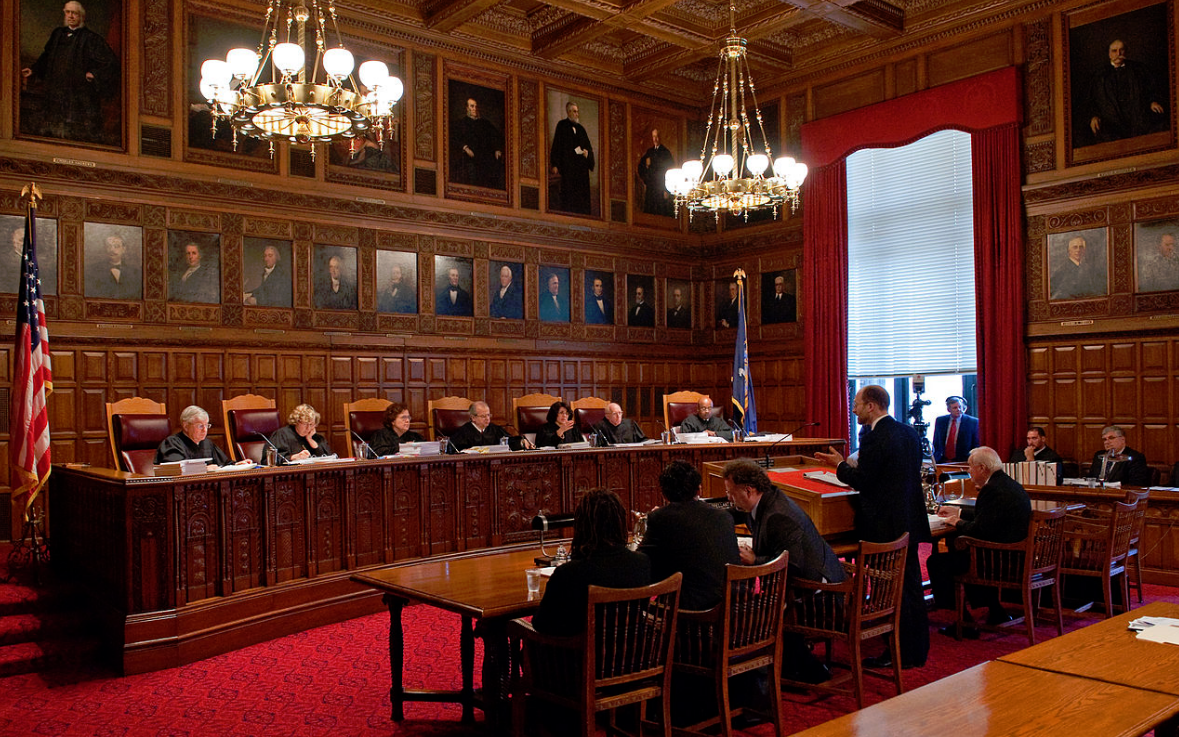In a recent decision, the Fourth Circuit Court of Appeals addressed the First Amendment implications of federal debt-collection automated calls. More specifically, the court analyzed the Telephone Consumer Protection Act (the “TCPA”), a law which protected such calls as an exemption to its general prohibition against calls to personal phones using an automated telephone dialing system.
What is the TCPA?
In 1991, Congress enacted the TCPA to protect consumers from unwanted, unsolicited, and intrusive automated calls, which were becoming ubiquitous. Initially, the law recognized two exemptions to the general prohibition on the practice commonly known as robocalling: calls to notify the public of an emergency and calls made after the recipient has provided his/her consent to be called. In 2015, an amendment to the TCPA created a third exemption to the general ban: automated calls related to “the collection of debts owed to or guaranteed by the federal government[.]”
The District Court Ruling
The following year, the American Association of Political Consultants, Inc., and three other plaintiffs involved in political consulting and polling, filed a lawsuit in the Eastern District of North Carolina challenging this exemption as a violation of the Free Speech Clause of the First Amendment. The plaintiffs claimed the exemption constituted a content-based restriction on speech (i.e., a law that prohibits or limits speech based on the content of the speech itself). The District Court for the Eastern District of North Carolina agreed with the plaintiffs, but found that the exemption was nonetheless constitutional, and granted summary judgment in favor of the defendants.
The Fourth Circuit Court of Appeals Ruling
On appeal, the Fourth Circuit Court of Appeals (the “COA”) reversed the District Court, finding that the debt collection exemption was an unconstitutional content-based restriction.
First, the COA agreed with the lower court that the exemption constituted a content-based restriction and, thus, is presumptively unconstitutional. In reaching this conclusion, the COA found that the exemption is content-based on the face of the law. The exemption applied, and thus a call was permitted, if it was for the purpose of collecting a debt owed to or guaranteed by the federal government; however, the exemption did not apply, and thus a call was banned, if it was for the purpose of collecting a debt owed to or guaranteed by a private company. Thus, the exemption was triggered depending “entirely on the communicative content” of the phone call. The explicit text of the TCPA’s debt collection exemption provided this distinction.
As a content-based restriction, the debt collection exemption could only be constitutional if it satisfied strict scrutiny. To do this, the exemption must be narrowly tailored to advance a compelling government interest. In this case, protecting consumer privacy was the recognized and compelling government interest.
The COA found that the debt collection exemption did not satisfy strict scrutiny for two reasons. First, it permitted an overwhelming number of exactly the kinds of calls the TCPA was enacted to prevent. Second, this exemption had a different impact on consumer privacy than the others (emergency notifications and calls placed pursuant to the express consent of the call recipient).
The COA concluded that the debt collection exemption failed strict scrutiny and thus constituted an unconstitutional content-based restriction on speech. As a result, barring an appeal to (and reversal by) the United States Supreme Court, this exemption will be struck from the TCPA and consumer privacy will be shielded from one of the most intrusive and most common types of robocalls.
If you have questions regarding a civil litigation matter, please call us at (704) 457-1010 to schedule a consultation. For more information regarding our firm, attorneys, and practice areas, please visit https://lindleylawoffice.com/.





